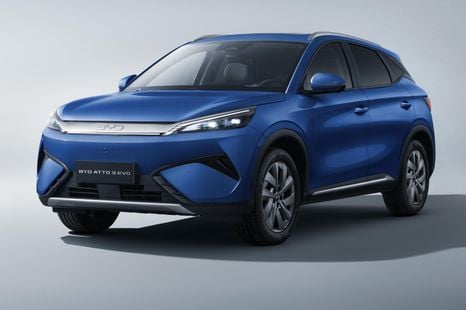

Derek Fung
BYD Atto 3: Much more powerful rear- and all-wheel drive models approved for sale
2 Days Ago

Senior Contributor
Australia’s Electric Vehicle Council says Tesla provided it with incorrect 2021 sales data, causing it to overstate the total number of electric vehicles (EV) and plug-in hybrids (PHEVs) sold here last year by 14 per cent.
It’a alleged Tesla in fact added together 2020 and 2021 deliveries, put down to human error.
As we reported yesterday, the EV Council landed something of a coup by convincing Tesla – alone among major car brands refusing to offer up rego-cross-checked sales data through the FCAI peak auto body – to furnish it with its local sales numbers .
However the EV Council and Tesla sales figure failed to align with State registration data reported by Drive, leading to speculation that perhaps the figure included vehicles that had arrived by ship but hadn’t been registered and handed over to buyers.
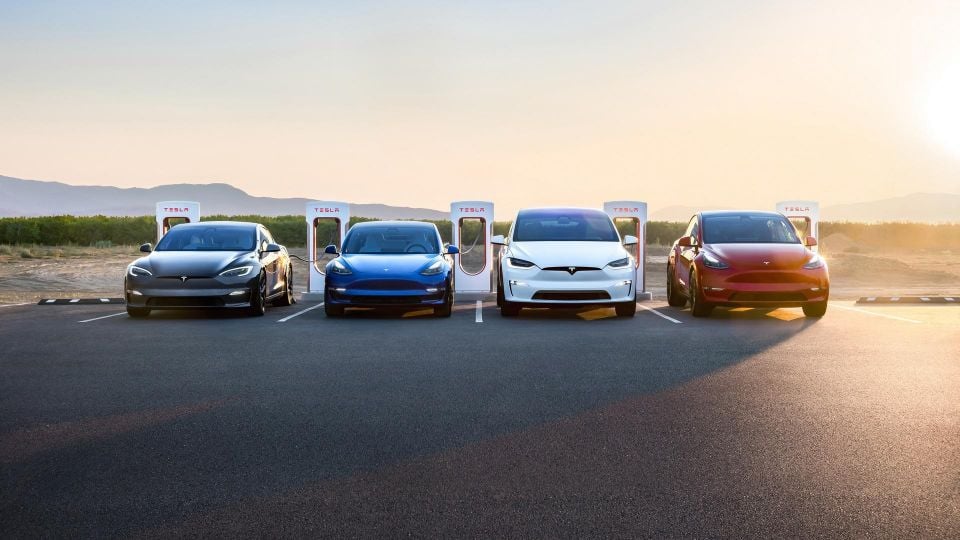
That was not the culprit.
“Yesterday the Electric Vehicle Council released the EV sales figures for 2021, which showed a massive leap from 2020 numbers,” said a spokesperson for the peak body.
“While the massive year-on-year leap reported was correct, there was an error in the numbers the EVC was provided relating to Tesla deliveries.
“Due to a human error, the Tesla delivery figures for 2020 were erroneously added to the delivery figures for 2021 by Tesla before the figure was provided to the EVC,” the spokesperson said.
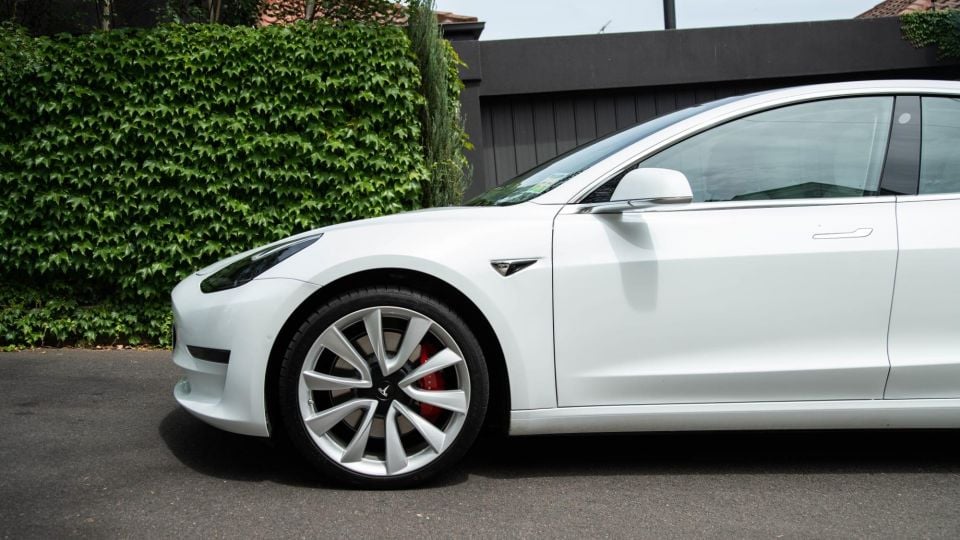
“While thankfully we don’t believe the correction alters the fundamentals of the story, the EVC deeply regrets the error. Measures have been taken to prevent this from happening again,” the spokesperson added.
The original report said Tesla Model 3 deliveries in Australia during 2021 tallied 15,054 units when in fact they were 12,094 (plus an additional 50 combined Model S And Model X sales, a figure so small it scarcely makes a difference in context). That’s a near-3000 unit discrepancy.
Correcting the total Tesla deliveries reduces the total number of electric cars – classified by the EV Council as both EVs and less popular plug-in hybrids – sold in 2021 from 24,078 to 20,665, and cuts the market share from 2.39 per cent to 1.95 per cent.
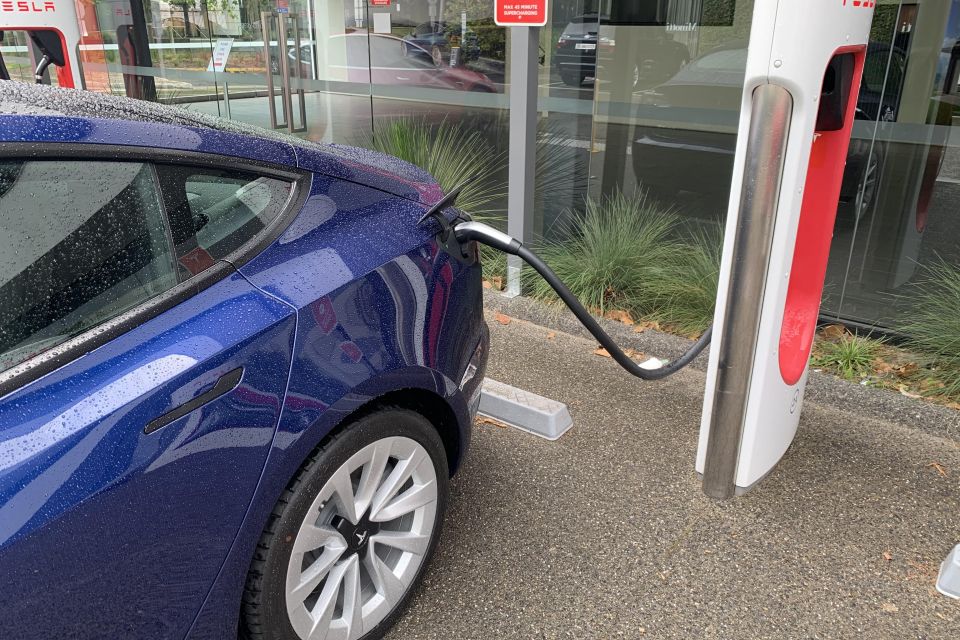
Looking at total EV sales in Australia from 2020 of 6900 units, and subtracting all the FCAI’s published non-Tesla EV/PHEV sales (equal to 3454) in that year, does indeed leave a figure in line with what you’d expect if Tesla included 2020 sales in the 2021 figure, as claimed.
The number alteration also means the Tesla Model 3 did not outsell the Toyota Camry and Mazda 3 as claimed, and finished 25th on the model sales charts rather than 14th.
Nevertheless, it’s important to note that even with the correct figures, electric and PHEV sales tripled in Australia last year and Tesla was still overwhelmingly the EV of choice.
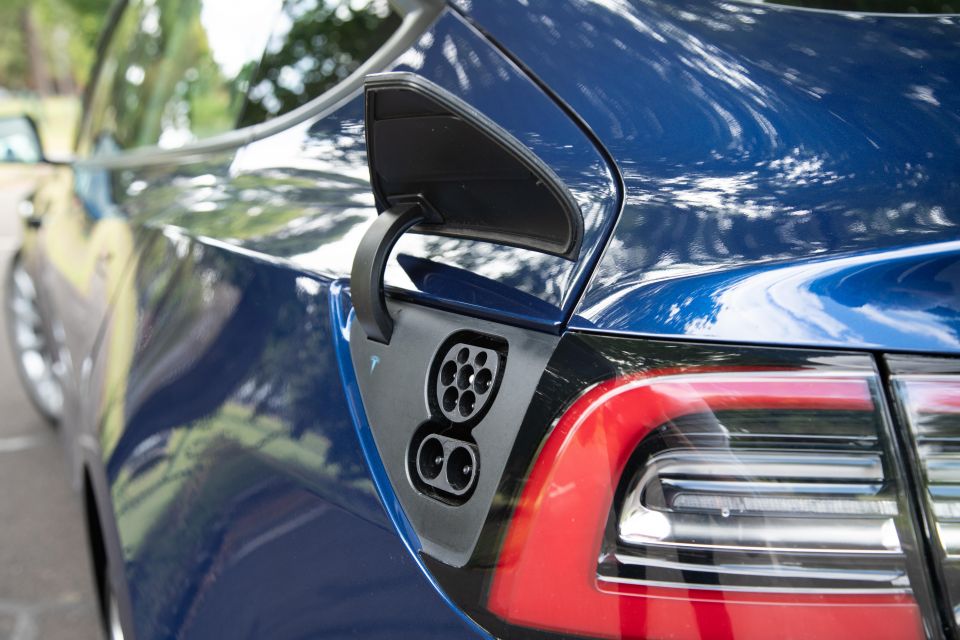
Top 10 BEV & PHEV models*
*EV Council and/or FCAI data
Go deeper on the cars in our Showroom, compare your options, or see what a great deal looks like with help from our New Car Specialists.


Derek Fung
2 Days Ago
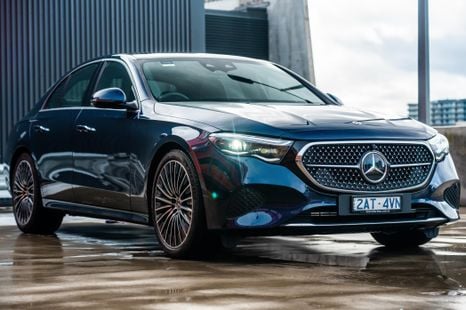

Josh Nevett
5 Days Ago
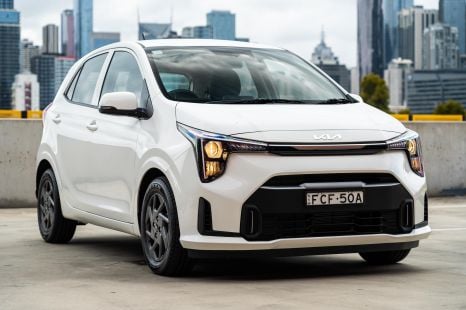

Josh Nevett
6 Days Ago
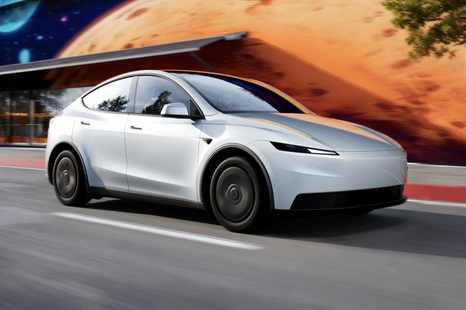

Shane O'Donoghue
6 Days Ago
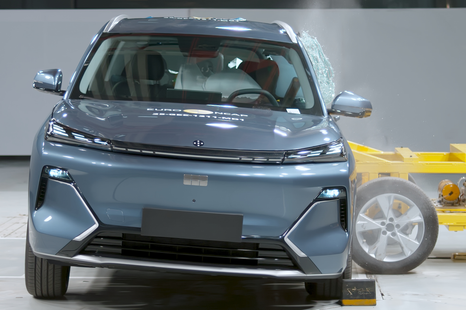

William Stopford
6 Days Ago
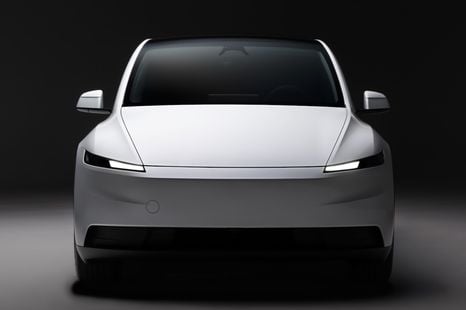

Ben Zachariah
9 Days Ago
Add CarExpert as a Preferred Source on Google so your search results prioritise writing by actual experts, not AI.